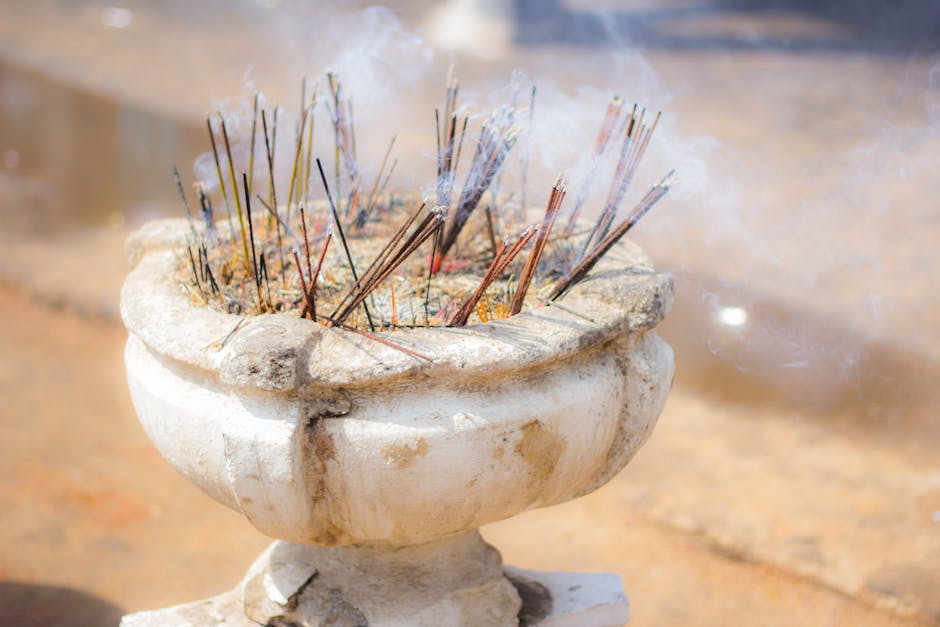Two Arrested for Smuggling Mosquito Repellent Incense Sticks to Sri Lanka
In a surprising crackdown, Indian authorities apprehended two individuals attempting to smuggle a large shipment of mosquito repellent incense sticks to Sri Lanka. The suspects, identified as Ramesh Patel (32) and Suresh Fernando (28), were intercepted by the Coastal Security Group (CSG) in Rameswaram, Tamil Nadu, as they allegedly tried to transport the goods via an unauthorized fishing vessel.
The Smuggling Operation
Acting on a tip-off, the CSG conducted a midnight raid near Dhanushkodi coast, uncovering over 500 kg of mosquito repellent agarbattis hidden beneath sacks of dried fish. Investigations suggest the duo planned to sell the incense sticks in Sri Lanka, where demand has surged due to rising cases of dengue and malaria.
Inspector K. Murugan of the CSG stated:
“This isn’t just about evading customs—it’s a public health risk. The accused exploited high demand in Sri Lanka, where these sticks sell at triple the Indian price.”
Why Mosquito Repellents?
Sri Lanka is battling a severe dengue crisis, with over 30,000 cases reported in 2023, straining local healthcare supplies. Indian brands like AllOut and Good Knight are highly sought after for their affordability and effectiveness.
A customs official explained:
“A pack selling for ₹40 in India fetches ~₹120 in Sri Lanka. The profit margins lure smugglers.”
The Smuggling Route & Legal Consequences
Authorities suspect a broader smuggling network operating between Tamil Nadu and northern Sri Lanka, exploiting porous maritime borders. Fishermen and small boats are often used to evade detection.
The accused now face charges under:
– Section 120B (Criminal Conspiracy)
– Section 135 of the Customs Act
Conviction could lead to up to seven years in prison.
Public Health & Expert Warnings
Health experts warn that unregulated repellents may contain harmful chemicals. Dr. Priya Menon, a public health specialist, cautioned:
“Smuggled goods bypass safety checks, endangering users.”
Broader Implications
This case underscores how public health crises and trade gaps fuel illegal activities. While Sri Lanka’s demand presents a legitimate export opportunity, bureaucratic hurdles often push traders toward smuggling.
Authorities are investigating potential ties to larger syndicates and whether profits funded other illicit operations.
For more updates, follow NextMinuteNews.




